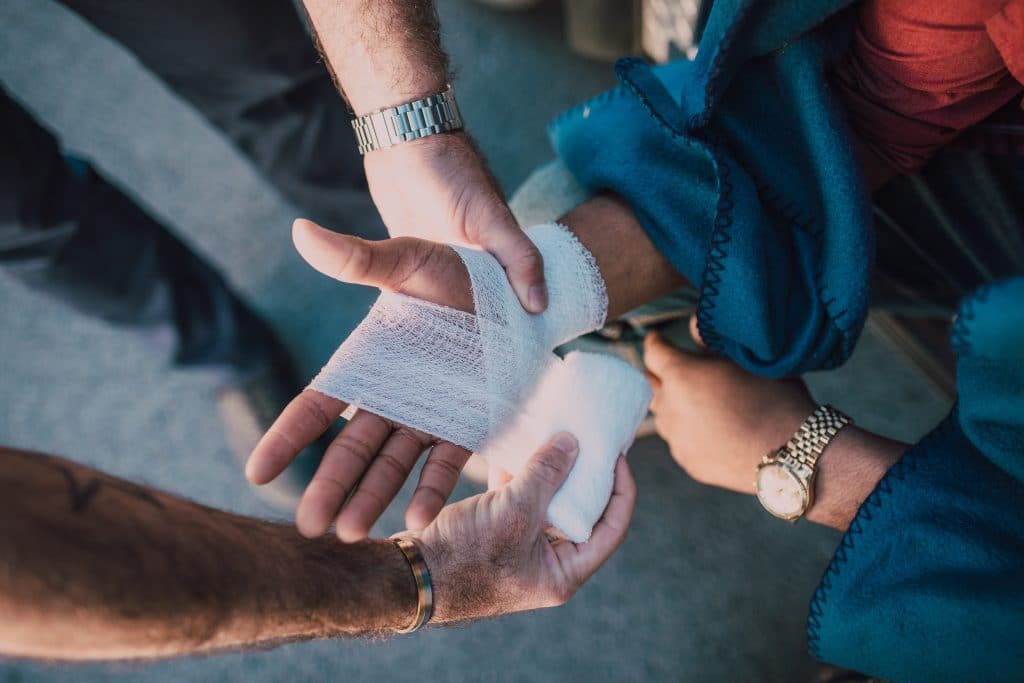What Is Loss of Earning Capacity?
Posted on: January 10, 2022
One major effect is a loss of earning capacity…but what does that mean?
If you’ve been injured in an accident, your personal injury attorney likely asked you dozens of questions in order to determine how much your case was worth. These questions probably centered around your pain, your medical bills, and any other suffering you might be experiencing.
But there’s another question s/he might have asked you that didn’t immediately make sense: What do you do for a living?
It might not seem like it, but this is a very important question (and not because they’re trying to figure out how much to charge you).
In fact, your wages are crucial at determining your loss of earning capacity.
What Is Loss of Earning Capacity?
Your earning capacity is the amount of money you are capable of earning in the future—not how much you currently earn or how much you have earned in the past. Therefore, loss of earning capacity refers to your inability to earn the amount of money you should have earned before the injuries caused an incapacity.
For example, let’s say you are a prominent surgeon in a wealthy part of town. As a result of a tragic accident, you now suffer tremors and weakness in your hands, making it impossible to continue your career.
Modern medicine can only do so much for your injuries, so you are forced to find alternate work as a consultant, making significantly less than you did at the prestigious hospital.

Had you not been in the accident, you would probably have continued as a surgeon for decades before enjoying a peaceful, quiet retirement. As a consultant, you’re far from destitute, but you might end up with a few million dollars less than you would have otherwise.
Loss of earning capacity is the difference between what you would have made and what you will likely end up making over the course of your career. If your injuries were the result of someone else’s negligence, your attorney will include your lost earning capacity in your personal injury claim.
Loss Of Earning Capacity ≠ Lost Wages
Loss of earning capacity may sound similar to lost wages, but the two are very different.
Lost wages refers to the amount of money you were not able to earn because you were injured. For example, say you broke your ankle in a slip and fall accident and thus could not attend your job as a grocery store cashier. In your case, not working means not earning a paycheck, so that accident caused you to lose out on those wages.
Calculating your lost wages is a straightforward process; it’s simply a matter of multiplying your wage by the number of hours your boss would have expected you to work. Because your lost earning capacity is a bit more theoretical, coming up with a final number is a lot more nuanced.

Calculating Loss of Earning Capacity
Loss of earning capacity may not be easy to calculate, but that doesn’t mean your attorney pulls this number out of thin air.
A number of factors go into this:
- Your job position
- Where you live
- Your education
- Work history
- Transferable job skills
- Trends in your industry
- Your ability to do a different job
Your attorney will combine their own expertise with that of other experts to arrive at an estimate of how much income you will lose out on throughout your life. You don’t have to secure another job in order for them to calculate this.
Providing as many details as possible will help your attorney perform as accurate an analysis as possible.
Work With a Personal Injury Attorney
Not everyone is eligible for loss of earning capacity compensation. (In fact, this is a boat you don’t want to find yourself in!)
Some people will fully recover from their injuries and resume work with very few hiccups. Others may be able to switch to a new career that pays at least as much as their old job did.
However, calculating your loss of earning capacity is not something that you (or even your doctor) can do on your own. Only a qualified, experienced personal injury attorney, such as the attorneys at Beers & Gordon, will have the background and education necessary to put a dollar amount on your case.
Conclusion
Being injured in an accident is bad enough without having to cope with losing your livelihood. If you are no longer able to perform the work you did before your accident, it is vital that you speak to a personal injury attorney as soon as possible.
It is a mistake to assume that the insurance company will give you all the compensation you’re entitled to without a fight. At Beers & Gordon, we have helped hundreds of injured victims just like you receive the compensation they deserve. We have also worked on behalf of the insurance companies and will use this experience to your benefit.
Call today to schedule your free consultation.







